European leaders warn US against Ukraine deal with Russia 'behind our backs'
European leaders have reacted with alarm after US President Donald Trump announced the commencement of Ukraine peace negotiations with his Russian counterpart Vladimir Putin, warning against any deal made without their involvement.
They emphasized that any settlement must include European and Ukrainian participation, given the direct impact on regional security. Kaja Kallas, EU High Representative for Foreign Affairs, slammed the US move as an act of appeasement, questioning why concessions were being made before talks even began.
“It is clear that any deal behind our backs will not work. Any agreement will need also Ukraine and Europe being part of it,” she said on Thursday.
“Why are we giving them (Russia) everything that they want even before the negotiations have been started?” Kallas asked.
She spoke before a meeting of NATO defense ministers with their Ukrainian counterpart in Brussels, Belgium, stressing that “Any quick fix is a dirty deal.”
Pentagon chief Pete Hegseth sent shockwaves through Europe when he said that it was unrealistic for Ukraine to regain its pre-2014 borders and that NATO membership desperately requested by Kiev was off the table.
The remarks frustrated European officials, with German Defense Minister Boris Pistorius expressing concern over early US concessions to Russia. French and Lithuanian ministers also warned against a settlement driven by weakness, insisting that Europe should play a key role in shaping any agreement.
Despite European hopes of influencing US policy through meetings in Brussels and Munich, the Trump administration moved forward unilaterally.
Shortly after Hegseth’s comments, Trump claimed that he had a “highly productive phone call” with Putin, followed by a briefing with Ukrainian President Volodymyr Zelensky.
In response, European foreign ministers from major powers like Britain, France, and Germany issued a joint statement insisting on their participation in any future peace negotiations.
Citing an unnamed European diplomatic source, Reuters reported that the European ministers agreed to engage in a “frank and demanding dialogue” with US officials at the annual Munich Security Conference - a three-day gathering that starts in the southern German city this Friday.
However, not all European leaders were critical of Washington’s move. Hungarian Prime Minister Viktor Orban, a Trump ally, dismissed the complaints, arguing that a seat at the table must be earned.
“You can’t request a seat at the negotiating table. You have to earn it!” Orban said on social media.
Meanwhile, European officials stressed that their role in implementing security guarantees—potentially involving European troops in Ukraine—made their inclusion in negotiations essential. Dutch Defense Minister Ruben Brekelmans reinforced this point, stressing that Europe’s role in ensuring security made their involvement non-negotiable.
“There is no option to not be at the table because we are very important in the actual implementation of those security guarantees,” he said.
Separately on Thursday, Hegseth defended Washington’s Ukraine negotiation strategy, warning Europe against relying too heavily on the US for defense.
Speaking at NATO headquarters, he asserted that Trump would not let America be treated as a “sucker” and emphasized that Europe should take primary responsibility for its security.
“Make no mistake, President Trump will not allow anyone to turn Uncle Sam into 'Uncle Sucker,'” Hegseth told reporters.
He also defended his remark that restoring Ukraine’s pre-2014 borders is unrealistic—an assertion that sparked widespread European criticism—framing it as a recognition of battlefield realities, suggesting that the US might make moves during talks that could be perceived as concessions, such as adjusting military aid to Ukraine or troop presence in Europe.
“I think it would be fair to say that things like future funding, either less or more, could be on the table in negotiations,” Hegseth further told reporters, adding he would not get ahead of Trump.
The US president, who has for long boasted of his political clout to put an end to the Ukraine war, threatened Russia with tariff hikes and more sanctions last Wednesday if Moscow did not agree to a ceasefire deal with Kiev.
Trump also claimed that his Ukrainian counterpart had told him he wanted a peace agreement to end the war.
Russia launched its “special military operation” in Ukraine in February 2022 partly to prevent NATO’s eastward expansion after warning that the US-led military alliance was following an “aggressive line” against Moscow.
Washington and its Western allies have flooded Ukraine with a vast volume of Western arms and ammunition since then despite Moscow’s calls that the move would only prolong the conflict.
VIDEO | Press TV's news headlines
Senior Russian general shot and wounded in Moscow: Officials
UK ordered in 'milestone' court ruling to pay $570 million for colonial-era massacre
VIDEO | Defying the rubble, Gaza opens its first face-to-face school since start of war
‘Ready for next round’: Million-man rally in Yemen backs Gaza, resistance
FM Araghchi departs Muscat for Doha following nuclear talks with US
Israeli keeps killing more Palestinian civilians in Gaza amid relentless ceasefire violations
Aliyev: Azerbaijani territory will not be used for threats against Iran


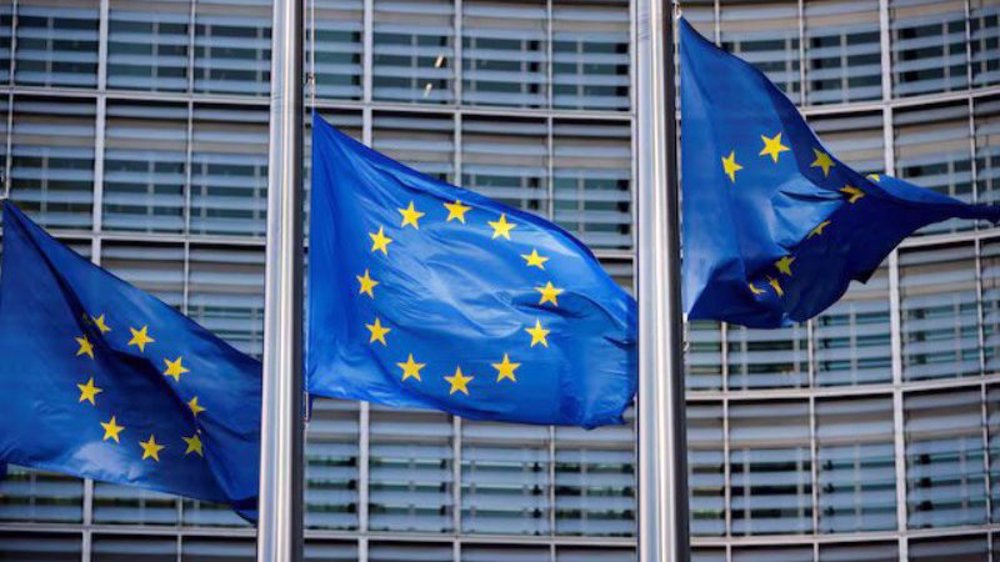
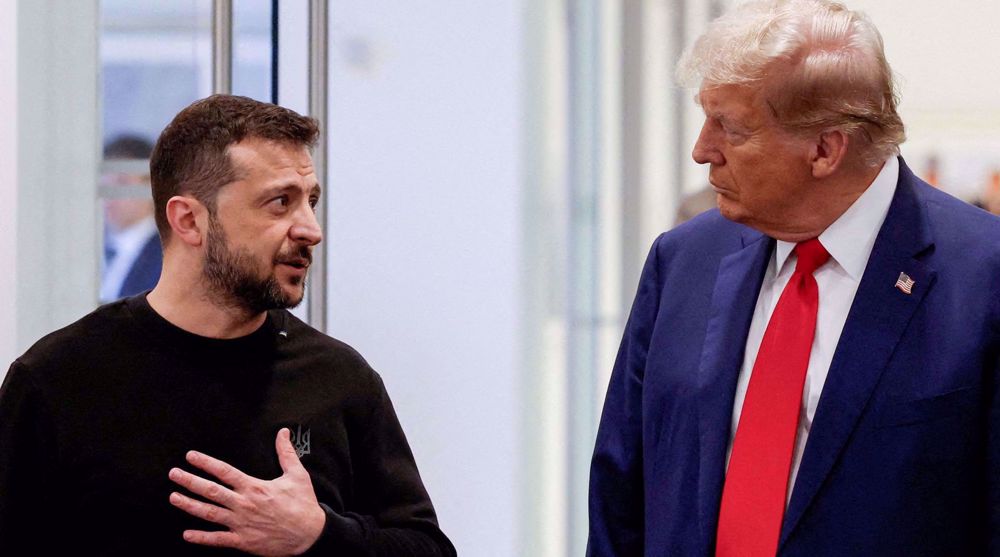
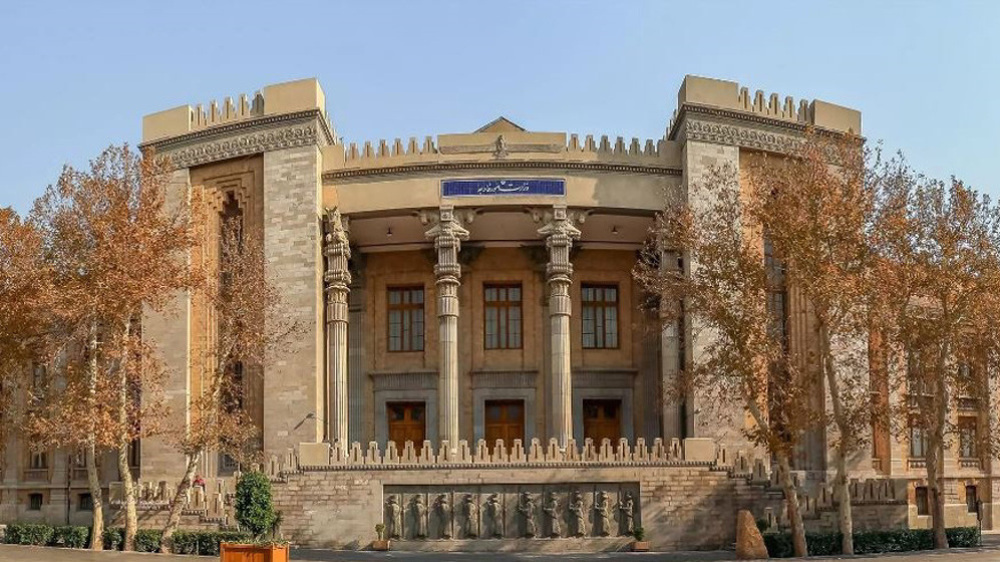
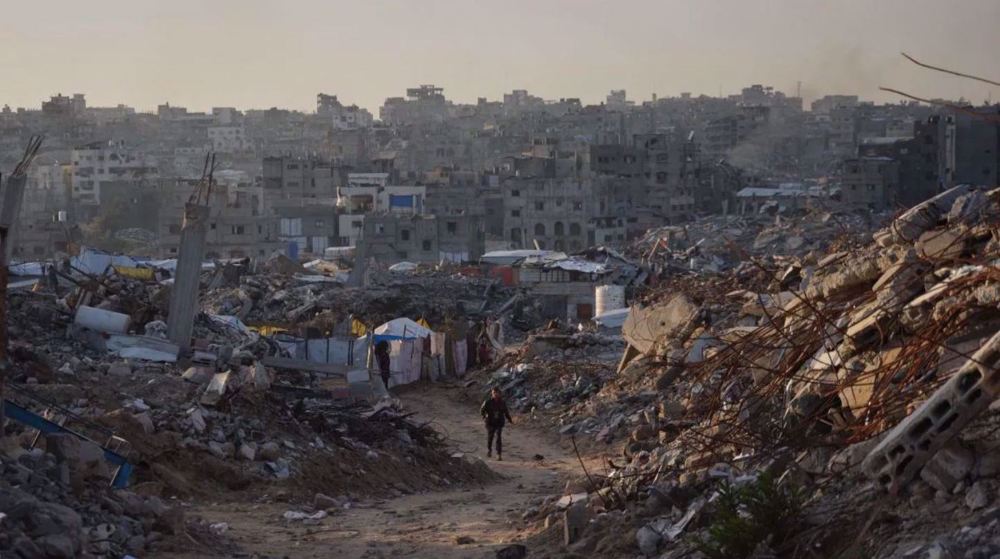
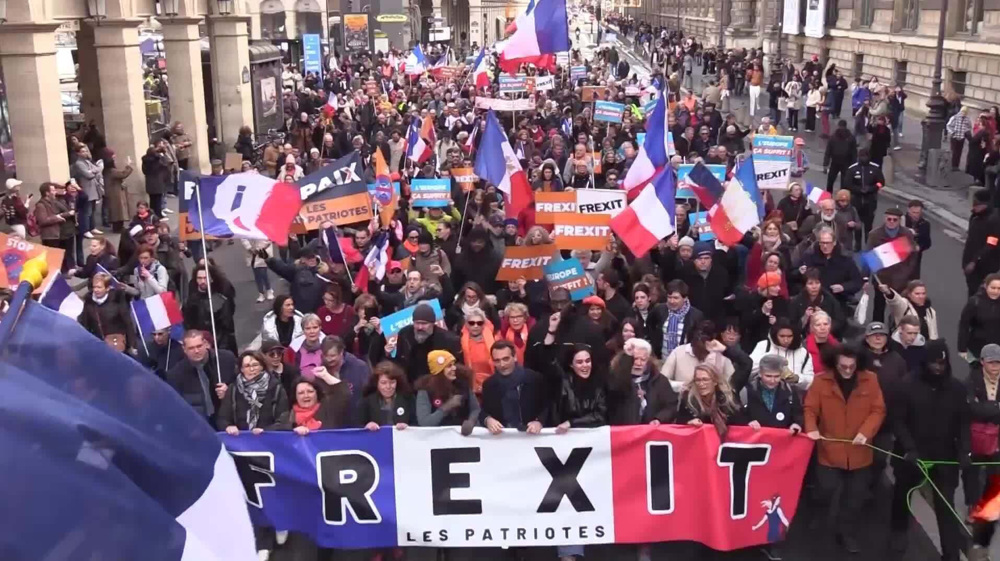




 This makes it easy to access the Press TV website
This makes it easy to access the Press TV website